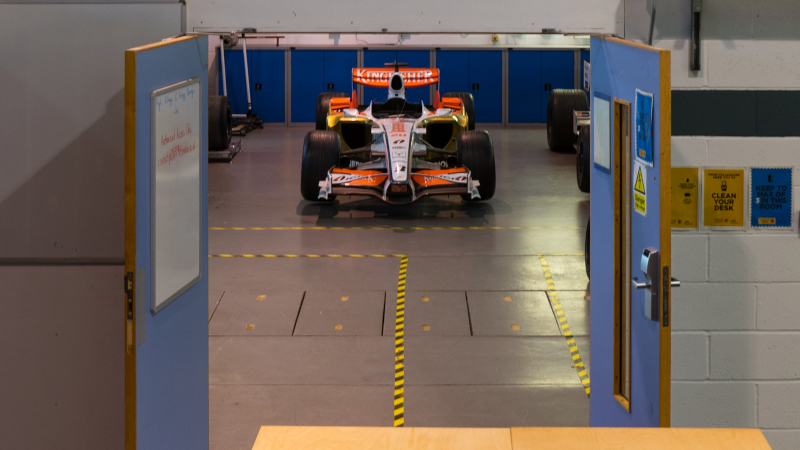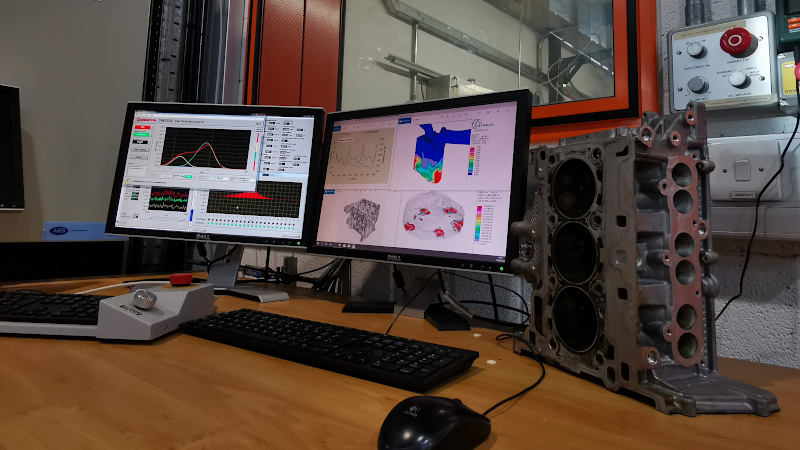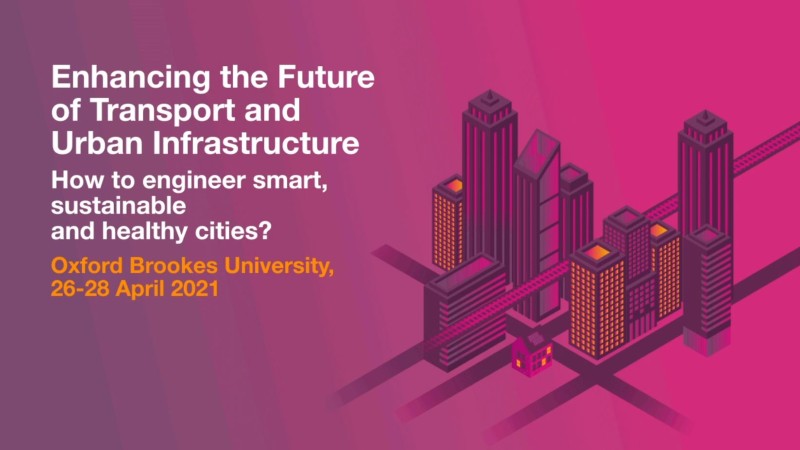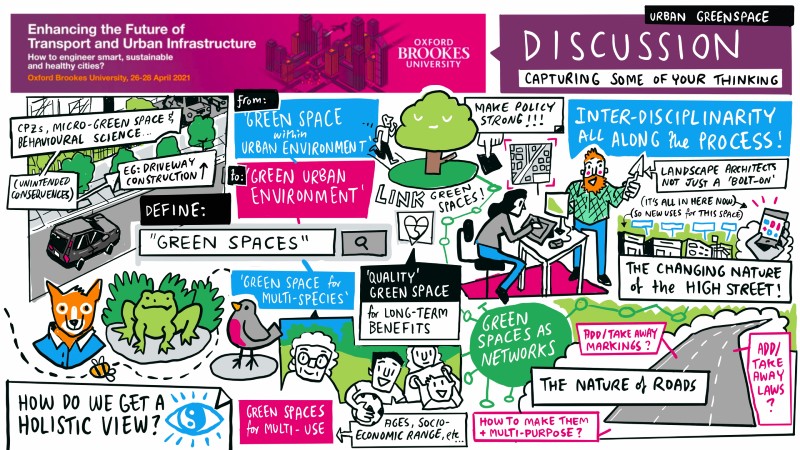Future of Transport
Director(s): Professor Denise Morrey
Contact: dmorrey@brookes.ac.uk +44 (0) 1865 483521
About us
The drive towards sustainable mobility (mobility that has zero impact in terms of emissions or energy usage) is bringing about a revolution of technologies including autonomous vehicles, electric buses and bicycles (and hybrids). These offer new and different transport options, as well as health benefits, particularly for an ageing population. There is a growing need for graduates and researchers in the field of sustainable transport, with a particular focus on:
- connected and autonomous vehicles, including the development of autonomous vehicles, networks and infrastructure, logistics and last-mile delivery, mobility as a service, safety and changes in behaviour (modal shift)
- hybrid and battery electric vehicle development, including control system optimisation, system integration, simulation and modelling, air quality and reduction of particulate emissions
- use of alternative fuels, including ammonia and hydrogen
- bicycle and personal mobility development, and lightweighting of vehicles.
The ‘Future of Transport’ is an interdisciplinary strategic theme, focused on these areas. Although much of this is aimed at a mass market, ie automotive, motorsport also has a key role to play here. Through activities such as the now successful Formula-E competition, electric vehicle technology is seen to be fast and exciting, hence changing hearts and minds in the move to shift the population towards adoption of electric vehicles. Motorsport has an equally important role to play in acting as the test ground for new technologies and prototypes, and for developing new skills and knowledge.

Leadership
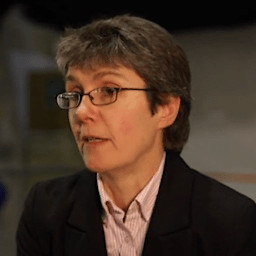
Professor Denise Morrey
Professor of Mechanical Engineering and Research Lead

